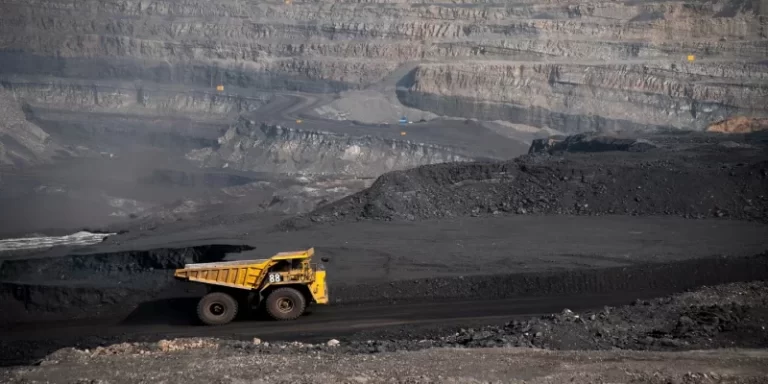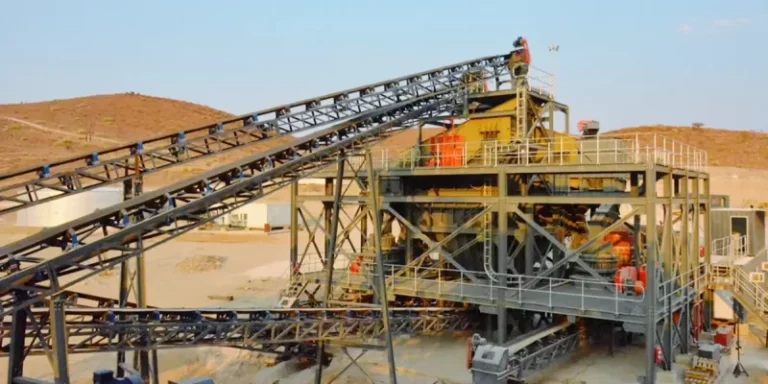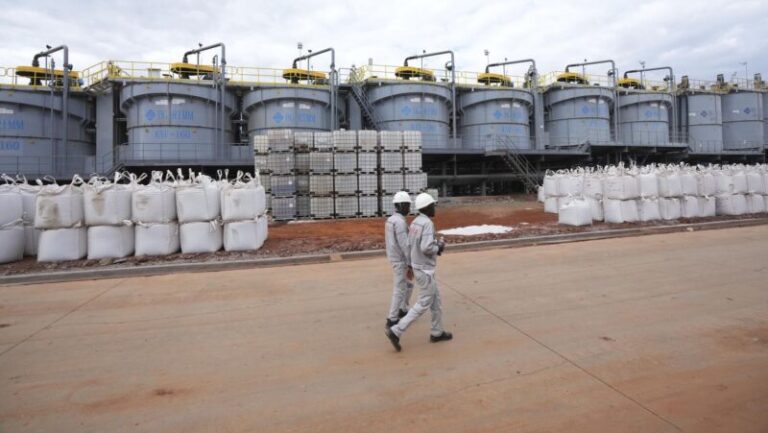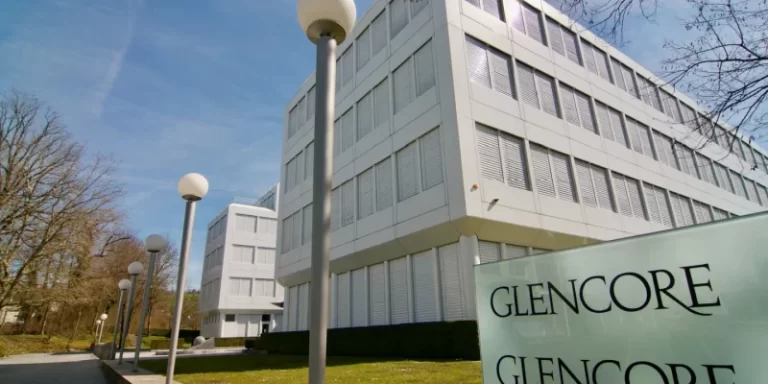
Glencore has declared force majeure on certain cobalt deliveries from the Democratic Republic of Congo (DRC), just days after the Congolese government imposed a temporary export ban on the key battery metal, according to three sources familiar with the matter who spoke to Reuters.
The DRC, which produces the majority of the world’s cobalt, enacted a four-month export ban in February in a bid to ease a supply glut that had depressed prices to their lowest levels in nine years and reduced government revenue.
As a result, Glencore, listed on the London Stock Exchange, took the unusual step of invoking force majeure on some of its cobalt supply agreements.
The legal clause is used when unforeseen circumstances prevent a company from fulfilling contractual obligations. Glencore declined to comment when contacted by Reuters.
In 2024, Glencore—currently the world’s second-largest cobalt producer—extracted 35,100 metric tons of cobalt in the form of concentrate and hydroxide from its Congolese operations.
Sources indicated that many customers are still receiving cobalt under their existing contracts. For those whose deliveries have been disrupted, the extent of the impact on their operations remains unclear.
Cobalt, a byproduct of copper mining, is vital for several industries. In its metallic form, it is used in aerospace and military applications.
However, most of the cobalt mined in the DRC is exported as hydroxide and refined into battery chemicals used in electric vehicles (EVs) and mobile devices.
An oversupply—driven partly by weaker-than-expected EV demand and increased output from Chinese-owned CMOC Group—had pushed cobalt prices down to roughly $10 per pound (or $22,000 per ton) by February.
However, the DRC’s export ban and a separate force majeure declaration in March by Eurasian Resources Group helped prices rebound by about 35%, with cobalt trading at approximately $15.80 per pound (or $34,832 per ton) as of Wednesday.
It remains unclear whether the DRC will extend the export ban beyond its scheduled end on June 22 or implement export quotas going forward.





